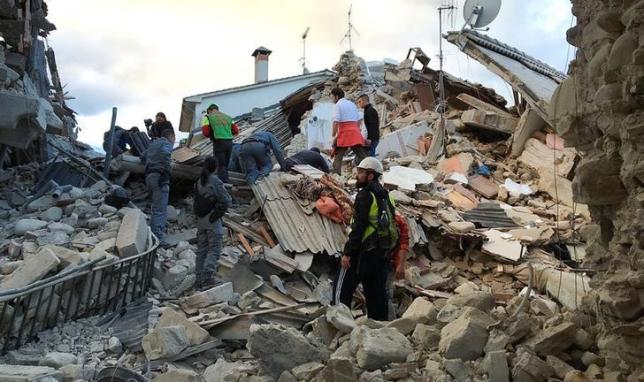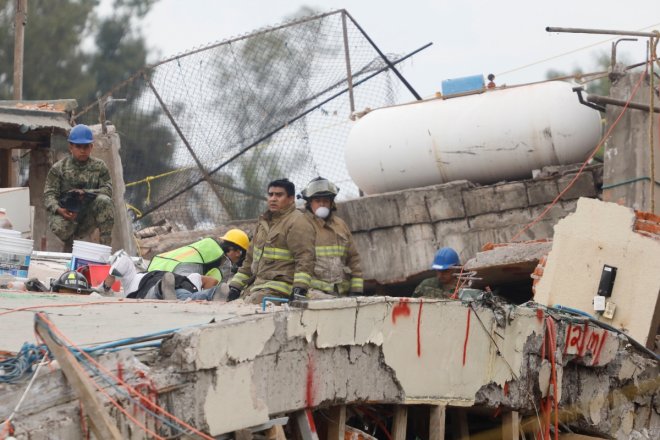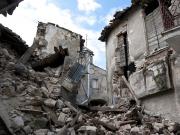
Swarms of fatal earthquakes allegedly will be devastating the earth in 2018 that too due to a slowdown in the Earth's rotation. Sadly enough, individual earthquakes cannot be predicted for it's not a weather forecast.
Rebecca Bendick, a geophysicist from the University of Montana claims that these impending earthquake booms are mere sensationalism. In a paper published in the journal Geophysical Research Letters, colleagues Bendick and Roger Bilham from the University of Colorado at Boulder explained the theory behind recurring earthquakes.
The energy which remains stored along the cracks in the Earth's crust when forces itself out sends seismic waves that cause earthquakes. Once the cracks are spotted, scientists develop a vague idea of the general threat for that particular area. They conjecture on how the cracks can convulse. However, how the earthquake might unfold is beyond anyone's prediction as the energy forcing itself out is global and can affect a particular area differently when compared to other earthquake-prone zones.
However, the team did find a correlation between the cluster of earthquakes and fluctuation in the Earth's rotational movement. They suggest that by studying historical earthquake records and the fluctuations, researchers might be able to forecast the years in future when the earthquakes can occur.
Earthquakes with a magnitude of 7.0 or more and within an interval of 20 and 70 years, cluster in the historical record. Earth experiences as many as 20 of these earthquakes per year and they are not the typical 8 to 10 magnitude earthquakes.

"It's not exactly the case that every 32 years we have a bad patch. If it were that, people would have found [the pattern] ages ago. That would be super obvious in the record," Bendick added. She further asserts that earthquakes with this interval "happen together more often than they happen at random, and that pattern is statistically significant."
The team simultaneously studied molten rock, ocean circulation, Earth's core and the lithosphere. Earth slows down every 30 years and five years later these small earthquakes occur.
However, this hasn't been confirmed yet and no lab demonstration on the same has been conducted. Scientists are not yet convinced with Bendick and Bilham's study.
"Someone says something kind of marginally outlandish, and everyone checks their work and that's how science progresses," Bendick told The Washington Post.
Russian geophysicists Boris Levin and Elena Sasorova had pointed out this correlation before. Bendick and Bilham tried studying the mechanism that works behind linking the Earth's rotation and the quakes.

The research reveals that during rotation if the planet speeds up then a mass shifts to the Equator and when it slows down it shifts to the poles. The cumulative effect is less but the energy built is huge which forces itself out as tremors.
The team suggests that the study is about possibilities and is not a prediction. After having monitored the tremors, they state that the earthquake-prone zones such as Japan, New Zealand, the West Coast of the United States are at a risk.









